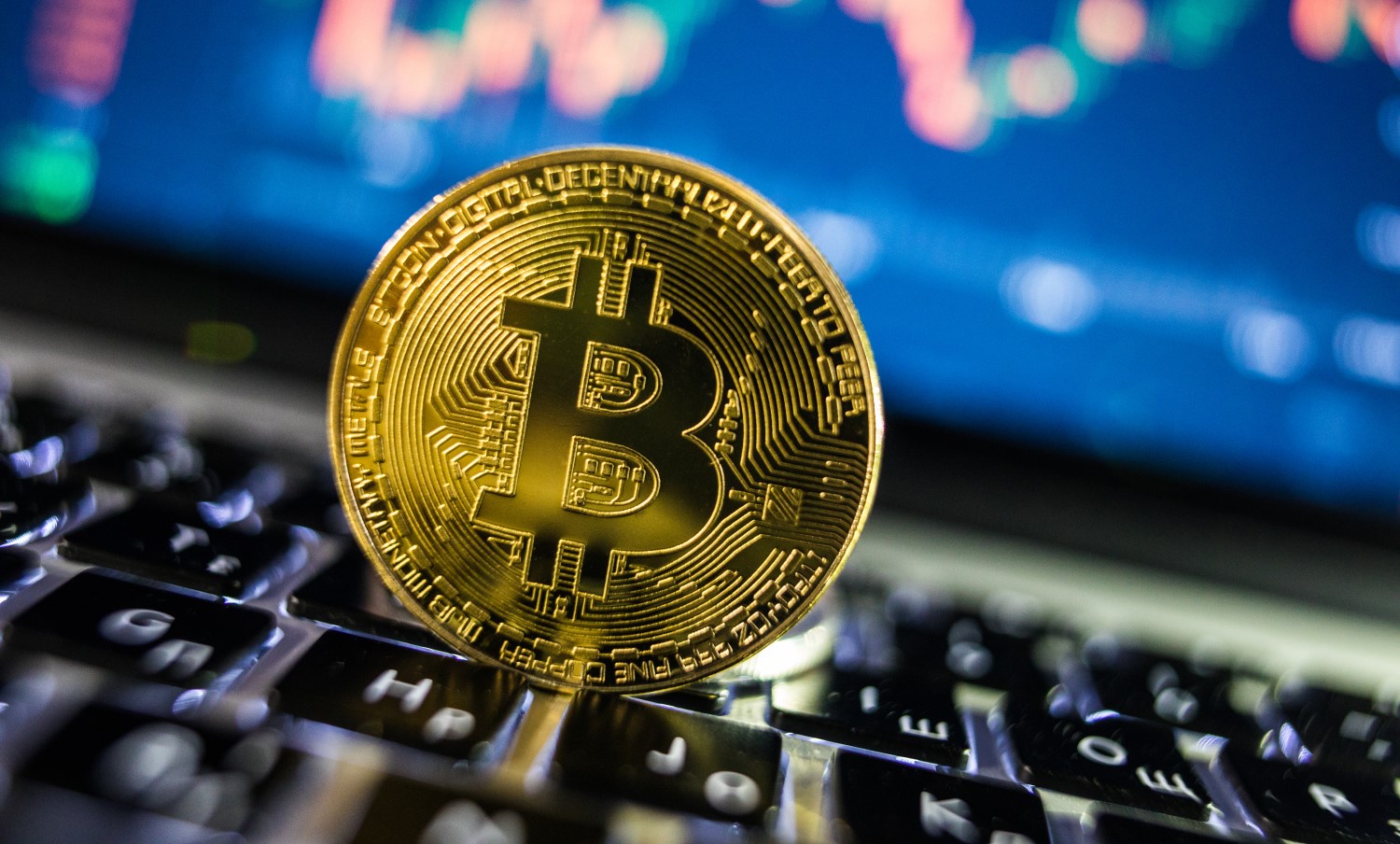The global stock market is flip-flopping, and Bitcoin is feeling the heat
According to data gathered on Friday 8th, 2019, S&P 500 futures fell by over 3,000 points while the DJIA declined by 1%. But after rambling through the day, the S&P 500 turned higher in the last hour of trading and closed at record highs.
Although stock prices have no direct link to Bitcoin and therefore cannot directly affect it, they seem to have a somewhat indirect impact on the crypto.
While the stock market leans, Bitcoin resumes its fight to stay above the $9k mark. This is after the price took a sudden down-turn to dip below the $9,000 range.
US-China Trade Deal
The current market situation both in the traditional and crypto markets can be largely attributed to the prevailing uncertainties surrounding the economic deal made between the US and China.
The two giant economies have been in a trade war for some time. A recent deal calmed the waters and the markets began a recovery. Now, the geopolitics in the two countries are creating a rather not-so-optimistic atmosphere for the markets.
Decreased Futures Trading Activity
The ripple effect from the shock on the stock market hasn’t affected Bitcoin’s price alone, but also the trading activity, especially on Bakkt. Bakkt is a recently launched platform that facilitates Bitcoin futures trading.
It appears that the trading activity on the platform has decreased following the market slump but has recently set a new trading volume record with over 1,700 bitcoin futures contracts.
Back In The Fear Territory
Agreeably, Bitcoin’s price had started showing signs of weakness, especially after it failed to breach through the $9,500 and instead began a fall that recently put it below the $9k price level.
Also, Bitcoin usually tends to react against the stock market, moving in the opposite direction. However, this time is different. A decline in the stock market is now seen to impact the crypto’s price downwards. The crypto is now trading at around $8,860 following a 3.5% decline.
Various exchanges are now recording increased outflow of Bitcoin, a situation that might suggest decreased selling pressure. Also, the buying pressure isn’t strong enough to propel Bitcoin to higher values.
All these indications, coupled with the falling greed index (it fell from 54 to 42), suggest that the Bitcoin market has re-entered the fear territory. How this plays out, in the end, is still a subject of speculation, although a lot of people remain bullish on Bitcoin.


















